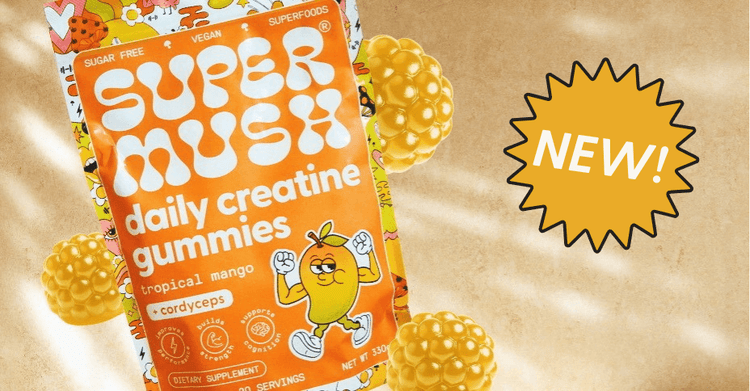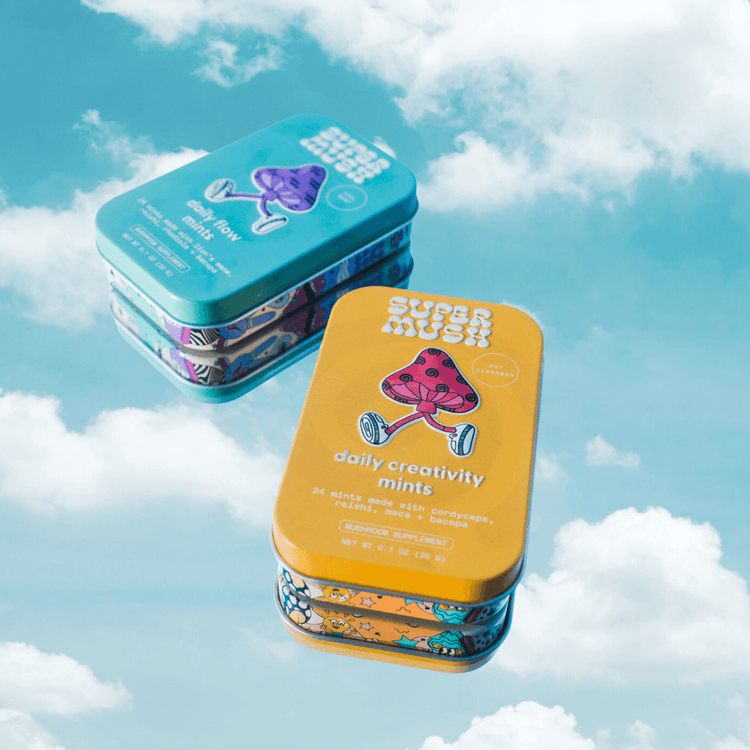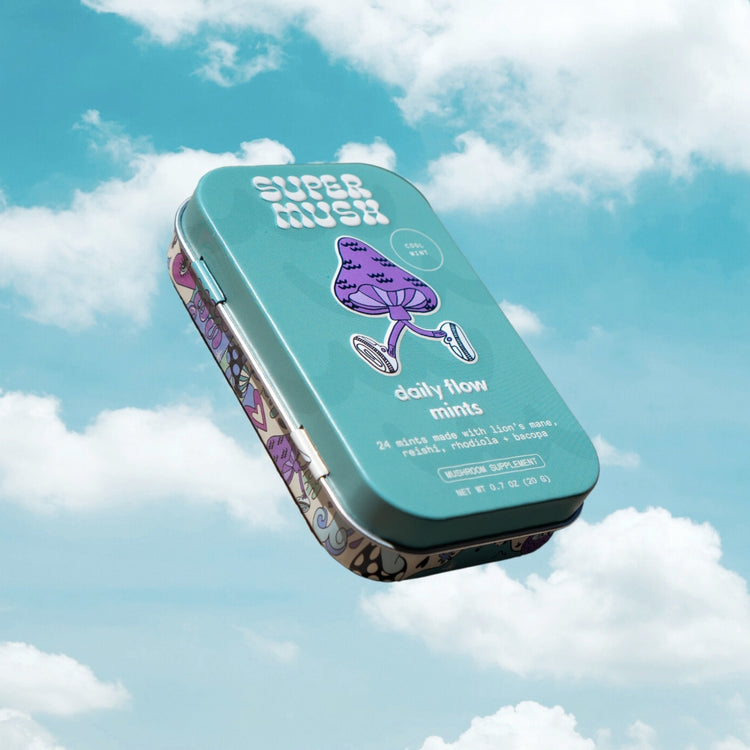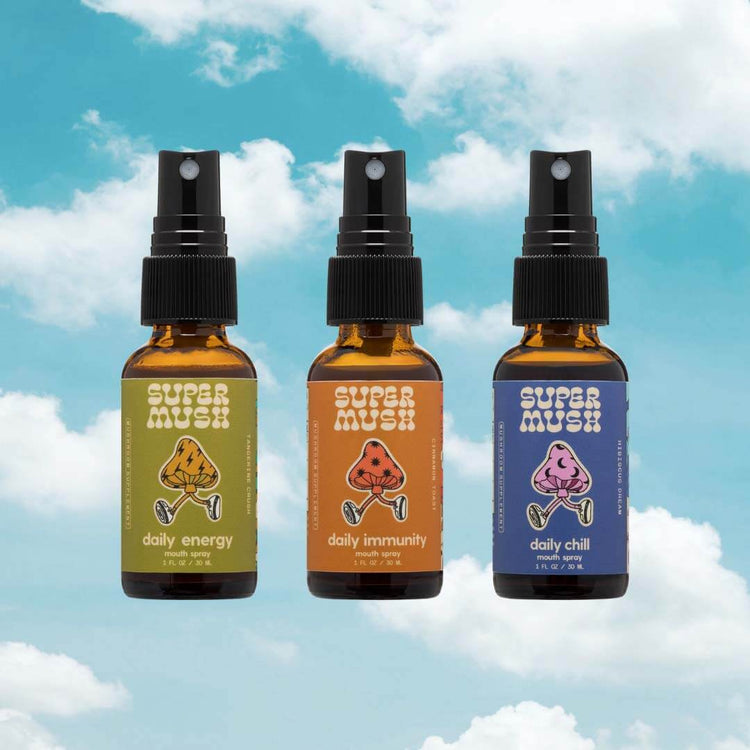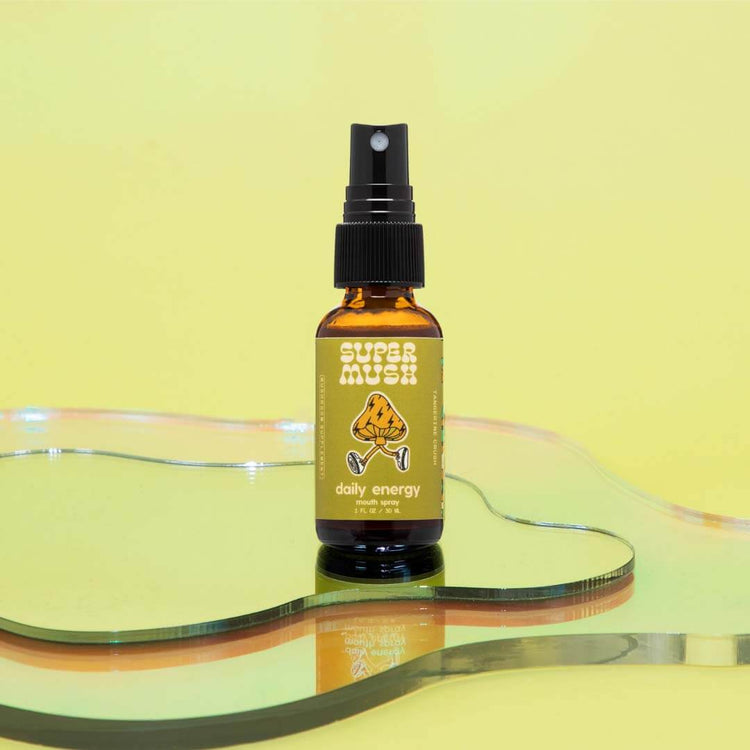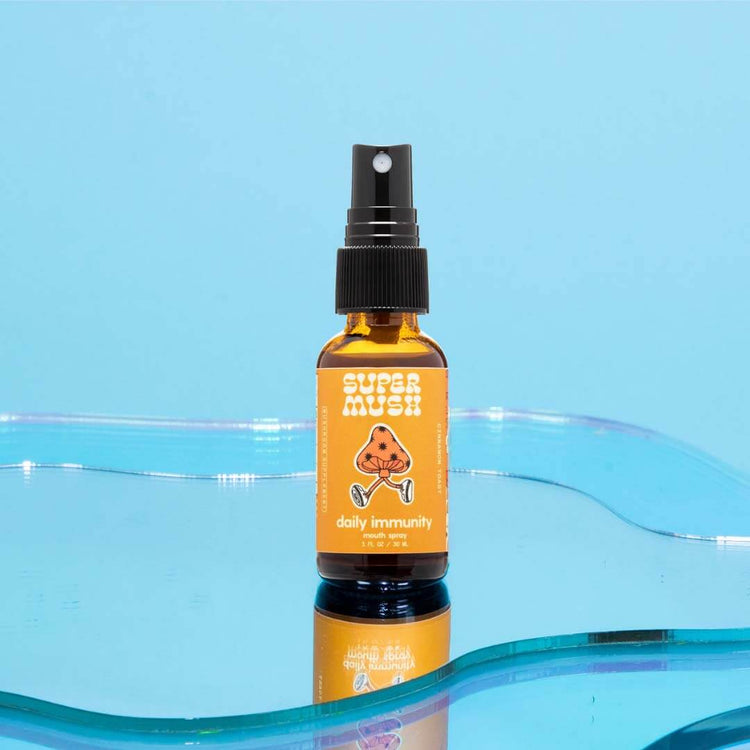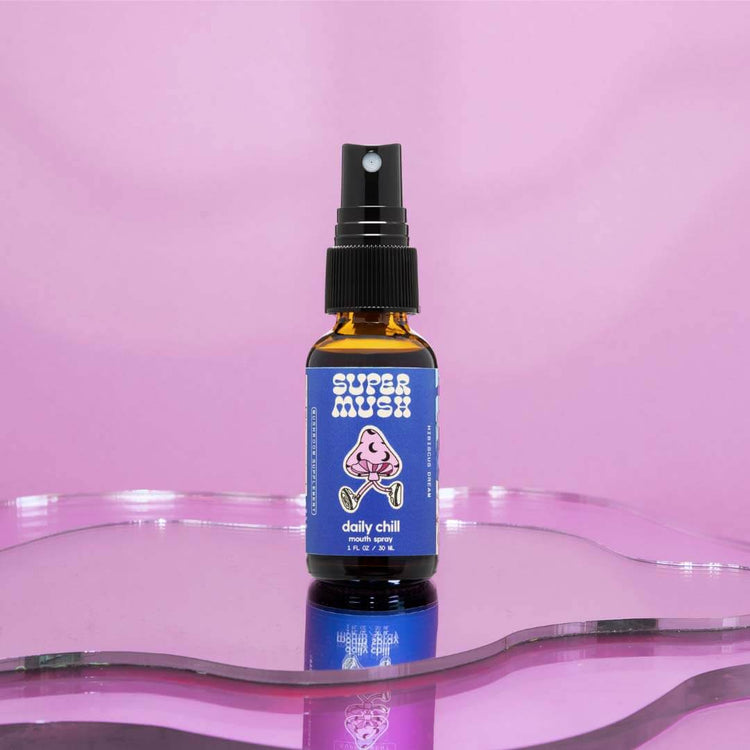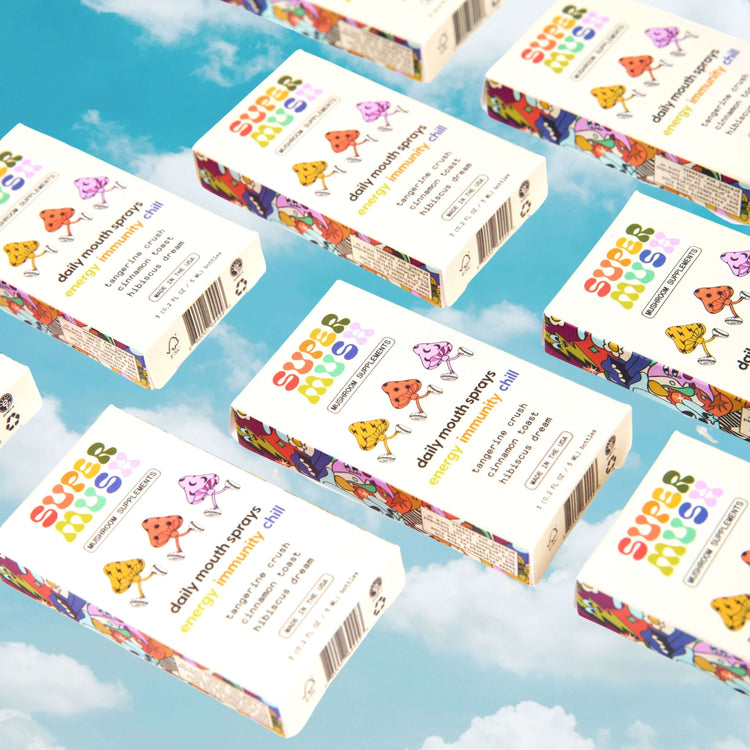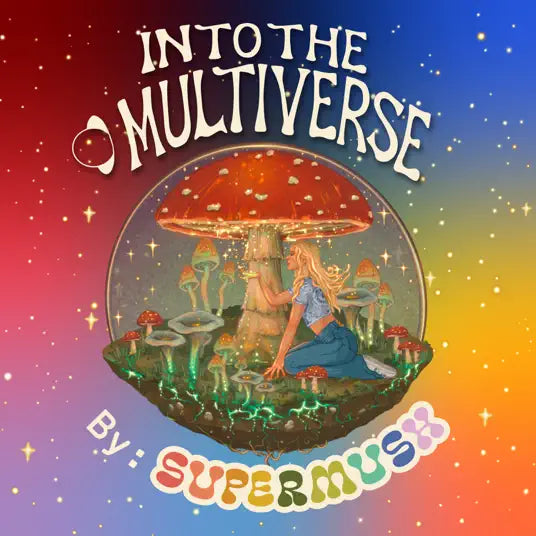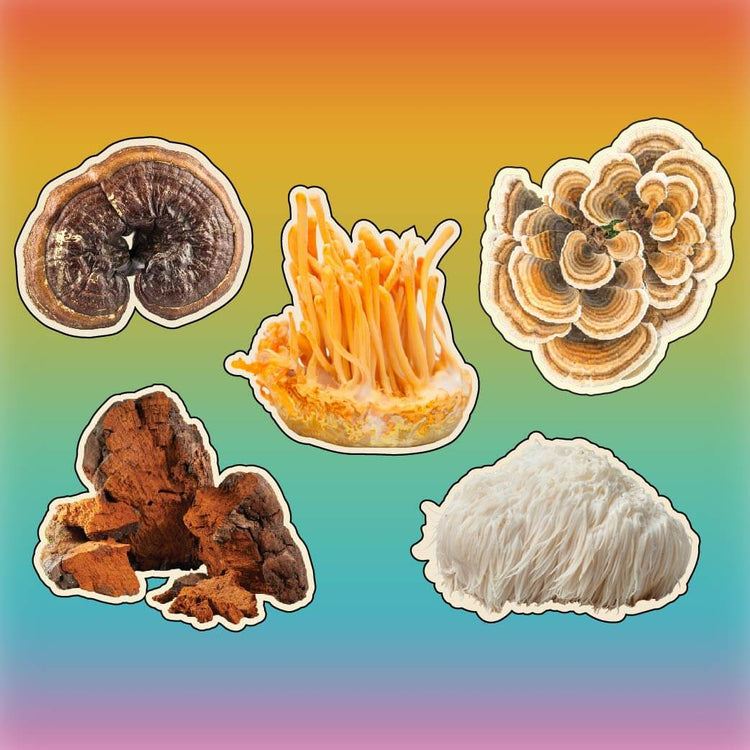Dangerous Ingredients to Avoid in Your Mushroom Gummies
Mushroom gummies have become increasingly popular as a convenient and flavorful way to harness the health benefits of medicinal mushrooms. However, not all mushroom gummies are created equal. Many contain ingredients that can undermine their health benefits and overall quality. In this comprehensive guide, we will delve into several harmful ingredients—maltodextrin, cane sugar, artificial flavors, and more—that you should avoid when selecting mushroom gummies.
Understanding Mushroom Gummies
Mushroom gummies typically feature extracts or powders derived from medicinal mushrooms such as reishi, chaga, lion's mane, or cordyceps. These mushrooms are celebrated for their potential health benefits, including immune support, cognitive enhancement, and stress reduction. Mushroom gummies aim to deliver these benefits in a convenient, enjoyable format that appeals to both adults and children.
The Dangers of Maltodextrin
Maltodextrin is a widely used additive in processed foods, including gummies. It is a polysaccharide derived from starches such as corn, rice, or potato, serving primarily as a thickener, filler, or preservative. Despite its commonality, maltodextrin poses several health risks that outweigh its benefits.
One significant concern with maltodextrin is its impact on blood sugar levels. As a high-glycemic index substance, maltodextrin can cause a rapid spike in blood glucose levels after consumption, followed by a subsequent crash. This fluctuation can leave you feeling fatigued and hungry shortly after eating, making it particularly problematic for individuals managing diabetes or seeking stable energy levels.
Moreover, maltodextrin is often derived from genetically modified sources like corn, raising concerns about pesticide residues and genetic engineering impacts on product purity. To fully benefit from medicinal mushrooms, opt for gummies that use alternative, healthier binders or sweeteners.
Cane Sugar: Sweetness with Drawbacks
Cane sugar is a familiar sweetener found in many processed foods, including mushroom gummies. While it enhances flavor and sweetness, cane sugar contributes empty calories devoid of essential nutrients. Excessive consumption of sugar is linked to various health issues, including obesity, diabetes, and cardiovascular disease.
In mushroom gummies, cane sugar not only masks the natural flavors of medicinal mushrooms but also contradicts the health-conscious appeal of these supplements. Health-conscious consumers increasingly seek alternatives with lower sugar content or natural sweeteners like stevia, which offer sweetness without the negative health impacts associated with cane sugar.
Artificial Flavors: Risks Beyond Taste
Artificial flavors are synthetic compounds added to enhance the taste and aroma of processed foods, including mushroom gummies. Despite their prevalence, artificial flavors often contain chemical additives and preservatives that can trigger allergies or sensitivities in some individuals.
Choosing mushroom gummies free from artificial flavors ensures a cleaner, more natural supplement. Natural flavorings derived from fruits, herbs, or other botanical sources provide a safer alternative without compromising taste or quality. Consumers concerned about their health and well-being should prioritize products that are transparent about their ingredient sourcing and manufacturing practices.
Additional Harmful Ingredients in Mushroom Gummies
Beyond maltodextrin, cane sugar, and artificial flavors, several other ingredients commonly found in mushroom gummies can compromise their health benefits:
-
High Fructose Corn Syrup (HFCS):
HFCS is a sweetener derived from corn syrup and is known for its high fructose content. Like cane sugar, HFCS contributes to increased blood sugar levels and is linked to obesity and metabolic disorders when consumed in excess.
-
Artificial Colors:
Artificial colors, such as FD&C Red 40 or Yellow 5, are often used to enhance the visual appeal of gummies. However, these synthetic dyes have been associated with hyperactivity in children and may pose long-term health risks.
-
Preservatives (e.g., Sodium Benzoate):
Preservatives like sodium benzoate are added to extend the shelf life of mushroom gummies. While effective at preventing microbial growth, some preservatives have been linked to allergic reactions and may interact negatively with certain medications.
-
Hydrogenated Oils:
Hydrogenated oils, such as partially hydrogenated soybean oil, are often used to improve the texture and shelf stability of gummies. These oils contain trans fats, which increase the risk of heart disease and inflammation.
Making Informed Choices
When selecting mushroom gummies, prioritize products that uphold high standards of quality and transparency. Look for labels that:
- Emphasize Organic Ingredients: Certified organic mushroom extracts ensure minimal exposure to pesticides and chemicals, offering a purer product.
- Utilize Natural Sweeteners: Stevia, monk fruit extract, or organic honey provide sweetness without the negative health impacts associated with cane sugar or HFCS.
- Avoid Harmful Additives: Choose products free from artificial flavors, colors, preservatives, and hydrogenated oils to minimize health risks.
By making informed choices and opting for mushroom gummies made with natural, high-quality ingredients, consumers can enjoy the benefits of medicinal mushrooms without compromising their health goals.
Conclusion
As the popularity of mushroom gummies continues to rise, so does the importance of ingredient awareness among consumers. Avoiding harmful ingredients such as maltodextrin, cane sugar, artificial flavors, and others ensures that you maximize the health benefits of medicinal mushrooms. By selecting products with natural, transparently sourced ingredients, you can confidently incorporate mushroom gummies into your daily wellness routine.
Remember, your health is paramount. Choose mushroom gummies that align with your values and health objectives, making each gummy a step towards enhanced well-being and vitality.




